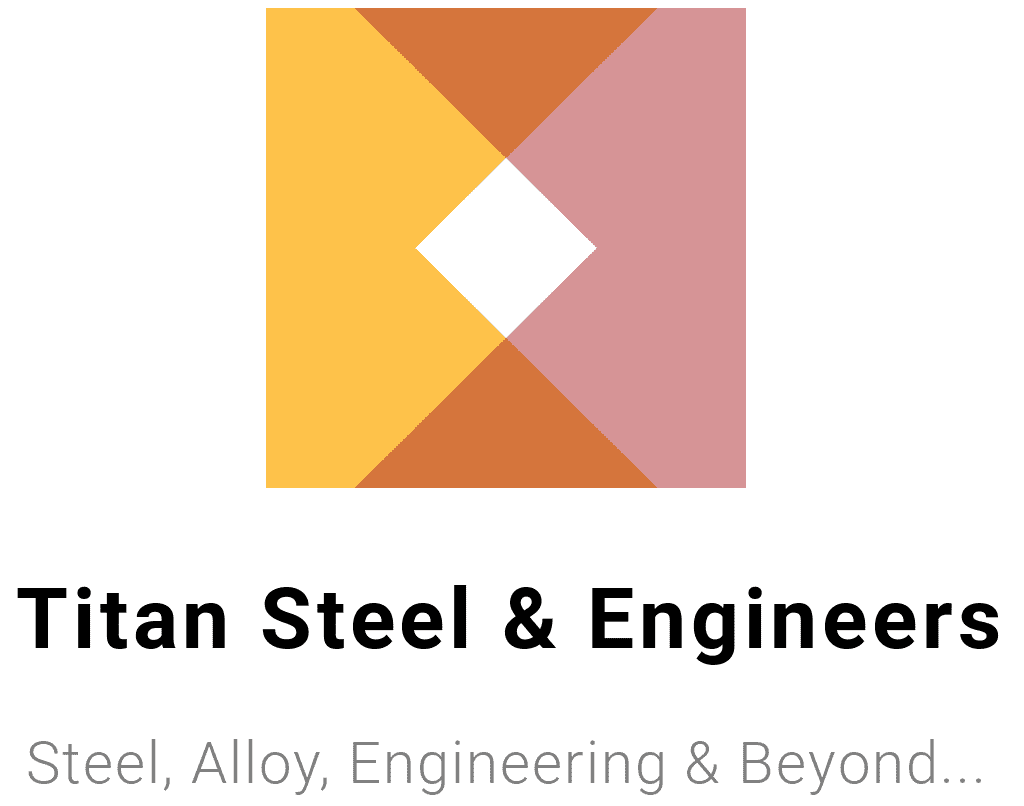Alloy Steel Round Bar offers high strength, durability, and corrosion resistance, ideal for automotive, engineering, and industrial applications. Available in grades like EN19 and EN24. For quality bars at the best price, get a quote from trusted suppliers at Hub of Steel.
Description
Alloy Steel Round Bar | Grades, Properties & Applications
Alloy steel round bars are high-performance steel bars enhanced with elements such as chromium, nickel, molybdenum, and vanadium to improve strength, toughness, wear resistance, and corrosion resistance. These bars are widely used in demanding industries like aerospace, oil & gas, power generation, and automotive for their exceptional mechanical properties.
If you’re searching for reliable alloy steel round bar suppliers in India, understanding the specifications, grades, and applications is critical to choosing the right product for your needs.
🔍 What is an Alloy Steel Round Bar?
An alloy steel round bar is a long, cylindrical bar made from steel alloyed with one or more elements (like Cr, Ni, Mo) to enhance its mechanical or chemical properties. These bars offer a perfect balance of strength, flexibility, and performance in high-stress and high-temperature environments.
✅ Key Features of Alloy Steel Round Bars
- Superior strength and toughness
- High fatigue and wear resistance
- Excellent corrosion and heat resistance
- Available in quenched and tempered conditions
- Wide range of sizes and custom lengths
🏷️ Common Grades of Alloy Steel Round Bar
Alloy steel round bars are available in multiple grades to suit specific industrial requirements. Some commonly used grades include:
| Grade | Composition | Application Area |
|---|---|---|
| EN19 / 4140 | Chromium-Molybdenum | Shafts, gears, automotive parts |
| EN24 / 4340 | Nickel-Chromium-Molybdenum | Aerospace, spindles, crankshafts |
| EN31 | High Carbon Alloy Steel | Ball bearings, rollers |
| 34CrNiMo6 | High Tensile Alloy | Mining, heavy-duty components |
🔗 Learn more about EN19 Alloy Steel Round Bar
🔗 View our stock of EN24 Plates and Bars
🏗️ Applications of Alloy Steel Round Bars
Alloy steel round bars are ideal for critical applications that require high mechanical strength, resistance to corrosion, or elevated-temperature performance.
🚗 Automotive & Engineering
- Drive shafts, axles, transmission gears
- Camshafts, crankshafts
- Connecting rods, linkages
🛢️ Oil & Gas and Power Plants
- High-pressure components
- Heat exchanger plates and piping
- Structural supports in turbine systems
🛠️ General Fabrication
- Forged components
- Machined parts
- Tools and dies
📐 Sizes and Supply Range
We supply alloy steel round bars in a wide range of:
- Diameters: 16 mm to 300 mm
- Lengths: 2 meters to 6 meters (custom available)
- Forms: Peeled, turned, polished, heat treated, normalized
🇮🇳 Alloy Steel Round Bar Price in India
Prices vary based on grade, size, and quantity. Here’s an estimated price range:
| Grade | Size (mm) | Price (INR/kg) |
|---|---|---|
| EN19 | 20–100 | ₹95–₹125 |
| EN24 | 25–150 | ₹105–₹135 |
| EN31 | 16–80 | ₹100–₹130 |
Prices are indicative. Contact us for updated rates and bulk discounts.
🏢 Why Choose Titan Steel?
At Titan Steel, we supply high-quality alloy steel round bars with full traceability, test certificates, and guaranteed on-time delivery. We cater to a wide range of industries across India and abroad.
✔ What Sets Us Apart:
- Ready stock of all major alloy grades
- Mill test certificates (MTC) provided
- Competitive pricing and custom cutting
- ISO-certified quality systems
- PAN India shipping
📍 Address: Plot No. 15, Khan compound, Taloja M.I.D.C. Navi-Mumbai 410208, Maharashtra INDIA
📞 Call: +91 7385863226
📧 Email: sales@titansteel.in
📦 Packaging & Delivery
Our alloy steel round bars are packed securely to prevent corrosion or damage during transit:
- HDPE wrapping or wooden box packing
- End protection on request
- Quick shipping via truck or container
📩 Get a Quote for Alloy Steel Round Bars
Looking for durable and high-performance alloy steel round bars? Whether it’s EN19, EN24, or custom-grade materials, we supply them as per your specific requirements.
👉 Get a Quote Now
👉 Contact Us Today for your bulk or urgent needs!
Focus Keyword: Alloy Steel Round Bar
LSI Keywords: EN19 steel bar, high tensile steel bar






